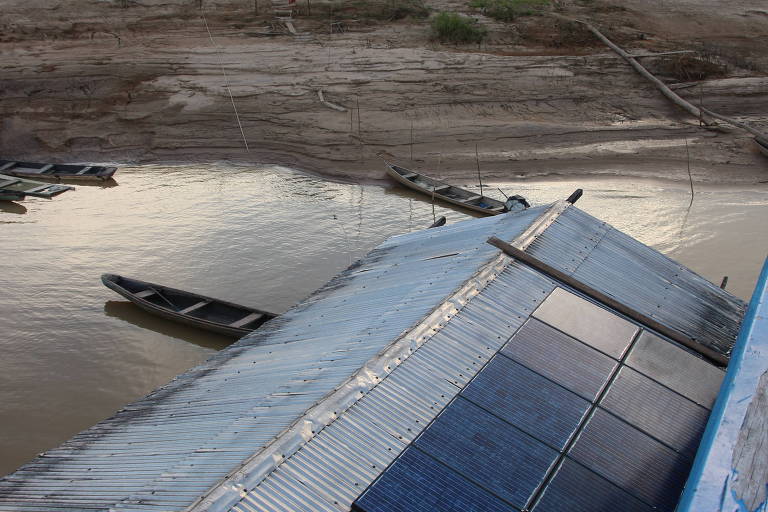Solar industry rules favor large companies such as banks, telephone companies, retail chains, and agribusiness companies.
In the opinion of industry experts, the government has taken a populist stance in addressing the "not taxing the sun" speech. The debate was centered around eliminating a subsidy that raises the electricity bill of consumers in the country.
According to estimates by the Ministry of Economy, the subsidy will cost consumers R$ 34 billion (US$ 8 billion) by 2035. Still, on Tuesday (7), Bolsonaro met with Aneel (National Electric Energy Agency) and said the debate is over. The subsidy stays.
Aneel's proposal, supported by the Ministries of Mines and Energy and Economy, would create a timetable to end the exemption, adopted in 2012, for the use of the transmission network.
The measure sought to encourage the expansion of distributed solar power generation - also called GD.
"There is a terrible mistake in this discussion. Nobody wants to tax the sun. That was a smart move that the photovoltaic people created," said consultant Adriano Pires of CBIE (Brazilian Center for Infrastructure).
The current model exempts houses and companies that act as GD generators from the payment of charges and use of the distribution and transmission network.
Translated by Kiratiana Freelon
